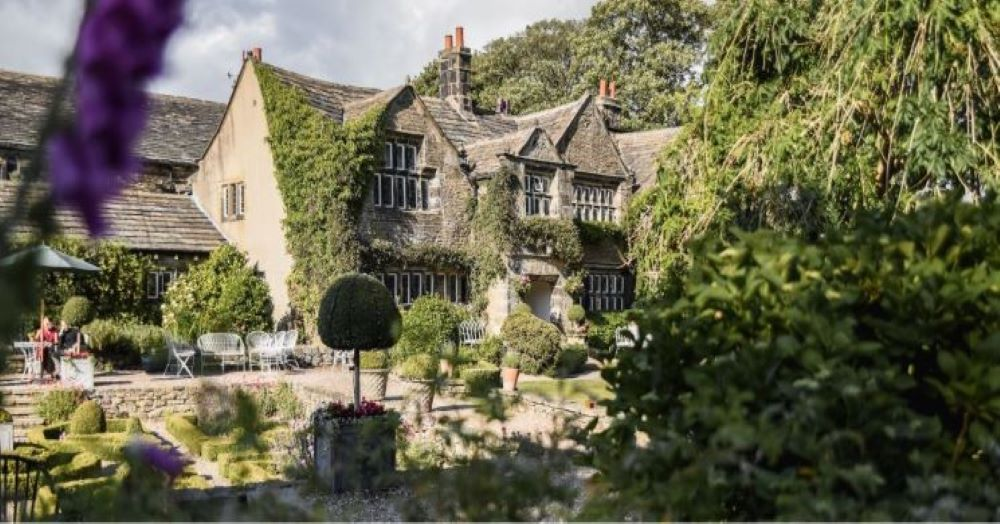Buying a home is one of the biggest decisions you have to make in life, and it really is worth putting in the effort to make sure you get it right. Too many people make mistakes in buying homes, which can affect your well-being, be a major hassle - and be very expensive.
You should
only start choosing a specific property once you have zeroed in on the area you want to live. See
How do I choose a new area to live in?. There is no point in having the right property in the wrong area.
Plan for the long term
If you are a first time buyer, you might just want to get your foot on the property ladder and move on in a couple of years. But most people end up living in their homes for many years, and it is vital to factor that in. If you don’t buy a home that is future-proofed, you can end up having to move more frequently, which is incredibly expensive.
- Ensure it is a home you will grow into. People tend to like having more space as they grow older
- If you are planning kids, or more kids, do you have enough bedrooms, and a garden? Living at the top of a staircase might not matter if you don’t have kids, but could be an impossible barrier with a pram
- Think about conversions or changes you might make to the property – you don’t have to do them all at once
- Can you build into the loft or other undeveloped space?
Stretch yourself
All other things being equal, owning a home almost always gets steadily more affordable every year you live there.
- Furniture and home improvement costs wither away after the first few years
- Unless you lose your job or stop working for other reasons, you will almost certainly enjoy earnings that rise steadily year on year throughout your life
- The cost of a mortgage does not increase year on year, varying at most with interest rates. That means that your mortgage will get steadily more affordable as a proportion of your income year by year
- Barring personal setbacks, a property that was difficult to afford when you bought it will almost always be more easily affordable five years later
Think about the trade-offs
You are unlikely to find a property that has everything you want, so you will have to make trade-offs. But the trade-offs can also be opportunities:
- Being next to a busy road reduces prices, but if the noise doesn’t bother you then it could be an opportunity
- Many people don’t want to live right next to a school because of the noise from the playground, but if you are always out in school hours it won’t matter
- You pay a big premium for off-street parking, and it reduces car insurance costs, but do you really want it?
- People will often spend more for a garden, but if you aren’t that bothered, then it won’t be money well spent
- If you don’t have a huge budget and want to live centrally, living in a flat above a shop could prove perfect
Focus on the fundamentals
Make sure you distinguish between what is superficial and what is fundamental. For example:
- You can change the colour scheme easily, but there is nothing you can do about the total floor area in a first floor flat
- Can you envisage developing the property over the years – is there room for extensions, or loft conversions?
- Ugly features might depress the value, but can be very cheap to remove
- Changing narrow corridors or awkwardly shaped rooms can be impossible
Learn everything you can about the property
Once you have your eye on a property, learn as much as you can about it.
- Ask the estate agent smart questions about the property. See Top tips – clever questions to ask the estate agent
- When you go to view the property, make sure you check out the right things. See Top tips – things not to forget when viewing a property
- Rival estate agents will often dish the dirt on a property, particularly if they have previously had it on their books and failed to sell it
- Sometimes you can contact previous owners, who no longer have a vested interest in talking it up – this can be particularly informative if you suspect there might be problems with it
- Ask the neighbours. Knock on their door and tell them you are thinking of buying the house next to them – most people will be delighted to speak to prospective new neighbours. If they aren’t, that tells you something too
Protect yourself from estate agents
The only person who can really look out for your interests is you. The vast majority of estate agents are honest, but you should remember they work for the seller and want you to pay as much as possible.
- some estate agents “test the market”, putting overinflated prices to see if anyone goes for it
- some clients insist their agents put their home on the market at excessively optimistic prices
- the only way you can be confident of not paying over the odds is to become an expert on the local market
- regularly check property websites, and go and see as many properties as possible – you will become better informed, and increase the chance of finding somewhere perfect
